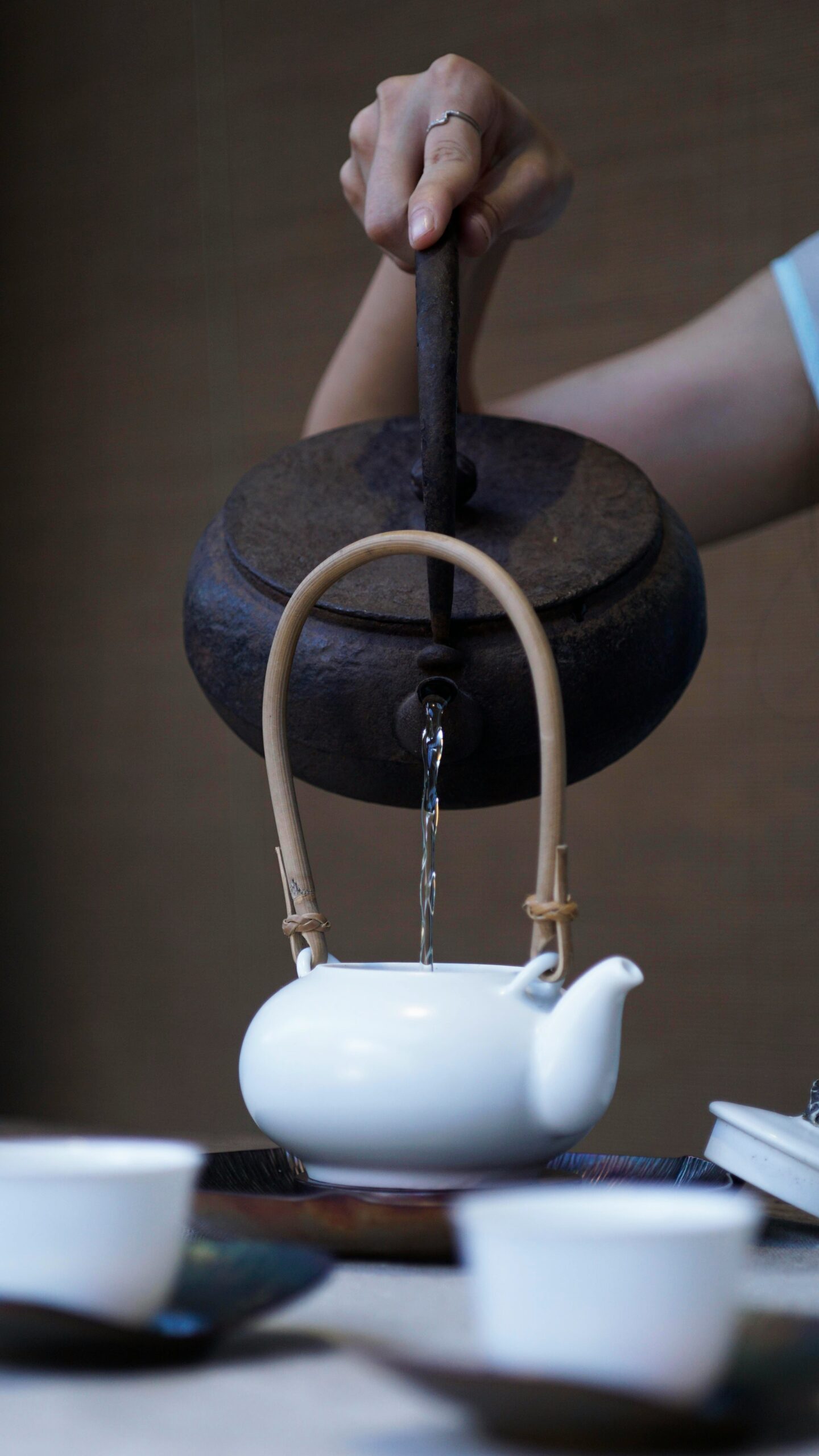Traditional Chinese Medicine

Chinese medicine, also known as Traditional Chinese Medicine (TCM), is a broad range of medical practices sharing common concepts developed in China and based on a tradition of more than 2,000 years. TCM includes various forms of herbal medicine, acupuncture, cupping therapy, gua sha (a skin scraping technique), massage (tui na), bonesetter (die-da), qigong (a system of coordinated body posture and movement, breathing, and meditation), and dietary therapy.
The fundamental principles of TCM are deeply rooted in ancient Chinese philosophy, especially the concepts of Yin and Yang and the Five Elements (wood, fire, earth, metal, water). These principles are believed to influence the human body’s health and are interconnected with the universe’s natural order.
Key Concepts of TCM
• Qi (Vital Energy): TCM posits that health is the result of a harmonious balance of the complementary extremes, yin and yang, of the life force known as Qi. Qi is believed to flow through meridians (pathways) in the human body, and its disruption is believed to cause disease.
• Meridians and Acupuncture Points: The body is seen as a network of interconnected pathways through which Qi flows. Health problems are often treated with acupuncture and other techniques that stimulate specific points located along these meridians.
• Holistic Approach: TCM views the body as an integrated whole, where each part is connected. Physical, emotional, and environmental factors are all considered when diagnosing and treating a patient.
• Diagnosis: In TCM, diagnosis involves observation (especially of the tongue), listening/smelling, asking about symptoms and history, and feeling the pulse.
• Treatment: Treatment methods aim to restore or maintain the yin-yang balance. They may include herbal medicine, acupuncture, dietary recommendations, exercise, and stress management techniques.
TCM is widely used in China and has gained popularity in other parts of the world as a complementary or alternative health approach. However, it’s important to note that some TCM practices have been criticized for lacking scientific basis, and there are concerns regarding the efficacy and safety of certain herbal medicines. It is always advisable to consult healthcare professionals before starting any new treatment, especially when integrating TCM with conventional Western medicine.









